Description
The peony is significant both historically and mythologically, and thus is tied to many different meanings and symbols. Common peony meanings include romance, prosperity, good fortune, a happy marriage, riches, honor, and compassion — but peonies can also mean bashfulness.
There is a common myth about the peony. In one, the peony is believed to be named after Paeon, the Greek physician of the gods. According to the legend, Paeon was a student of Aesculapius, the god of medicine. When Paeon used a peony root to heal Pluto — the first time this was tried — Aesculapius became jealous of his talents and tried to kill him. To save Paeon (and show compassion to him), Pluto transformed him into a peony, because he knew it was a flower that people would admire and praise. Thus, one peony meaning is compassion.
As the myth shows, peonies were valued for their medicinal uses. In ancient and medieval times their roots and seeds were believed to cure over twenty diseases including epilepsy and snake bites. In England, children wore peony root necklaces to prevent seizures and help teething pain.
为何洛阳牡丹甲天下
“因为洛阳气候温和、土壤肥沃, 非常适宜牡丹栽培。早在隋代的皇家园林——西苑中就开始大量地种植牡丹。 洛阳是久负盛名的古城,先后有十余个朝代在此建都,被誉为九朝古城。洛阳牡丹始于隋、兴起唐、盛于宋,沿续至今。洛阳牡丹以品种繁多, 花色奇丽而名扬天下。故有 “洛阳牡丹甲天下” 之名句流传于世。



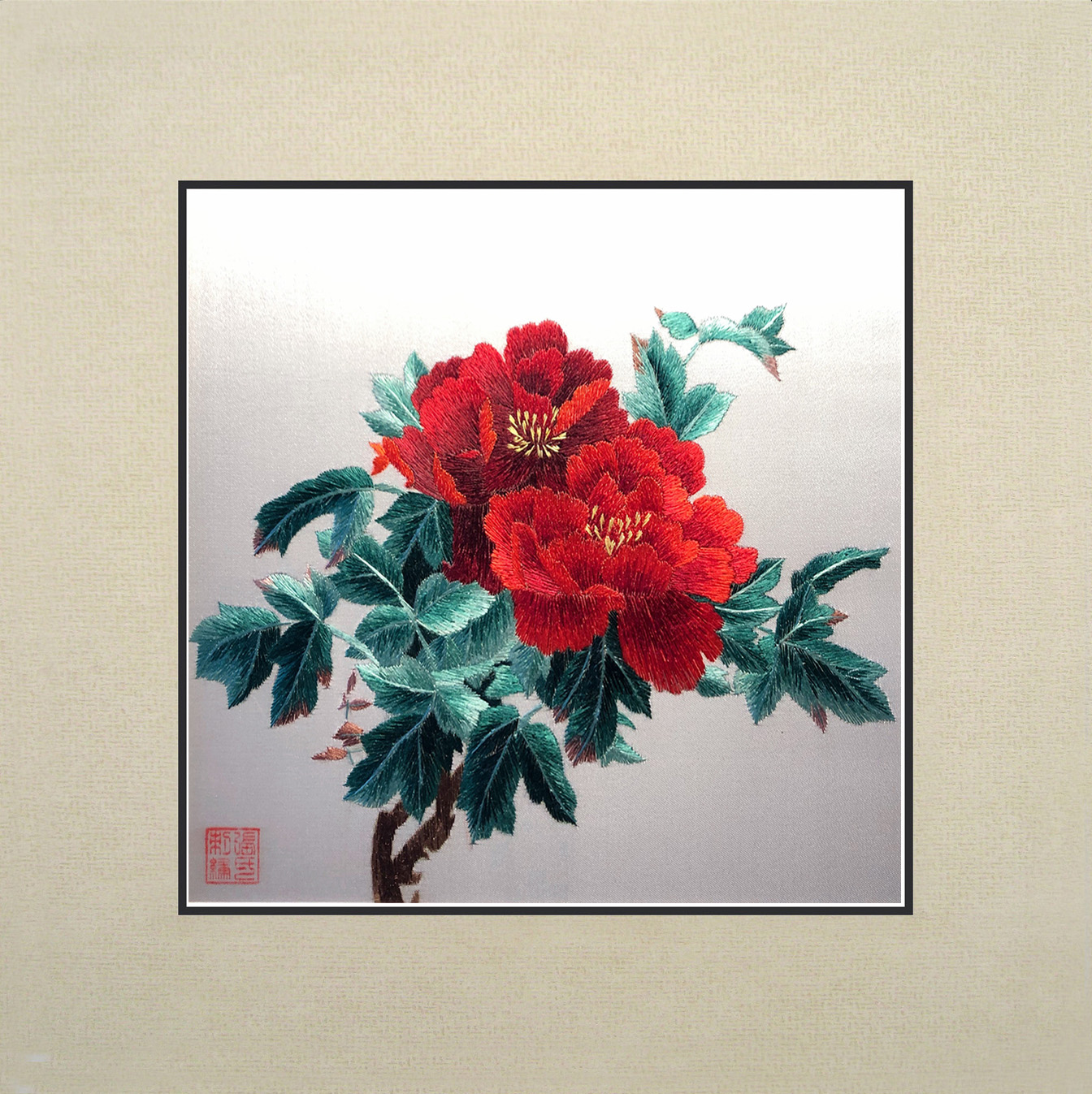
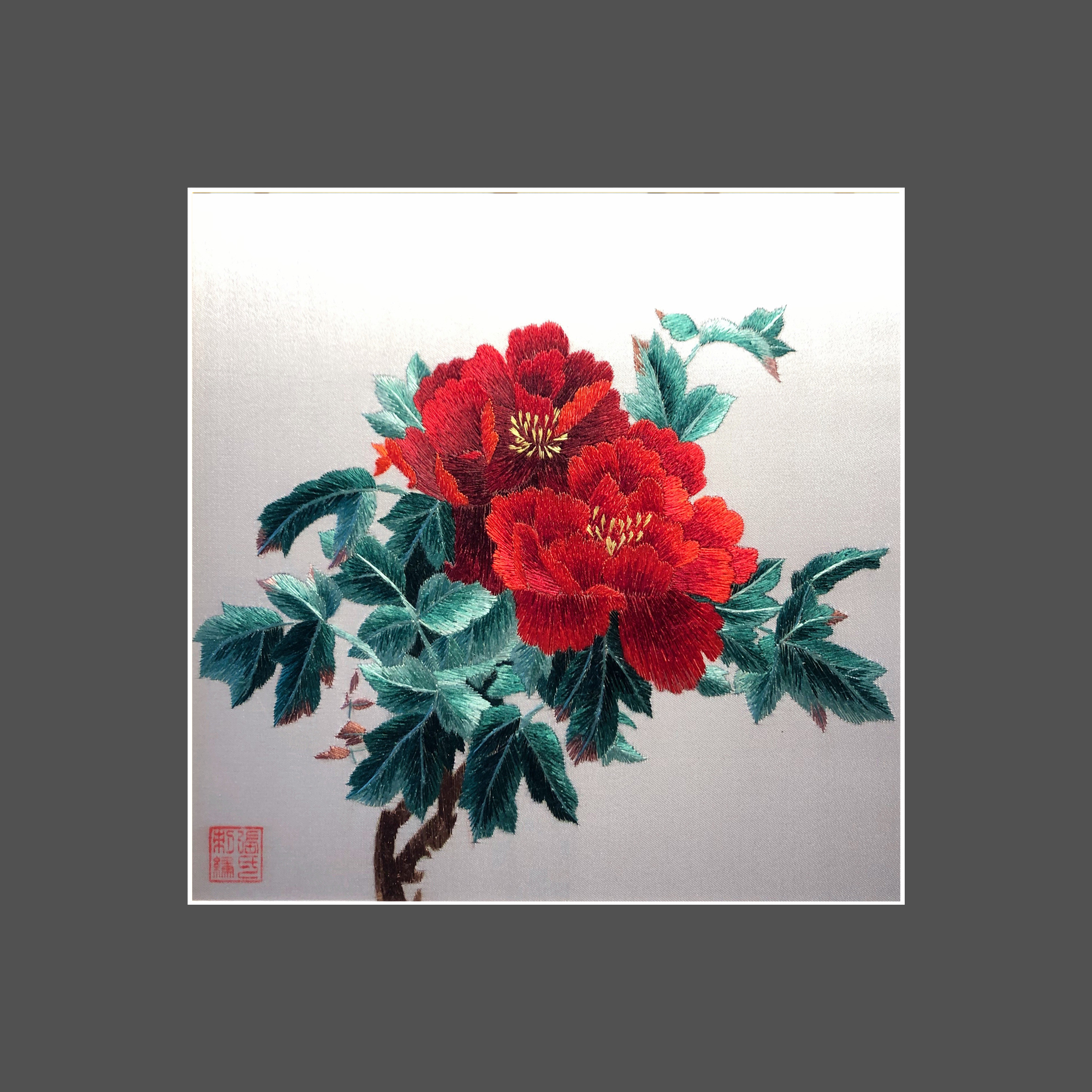
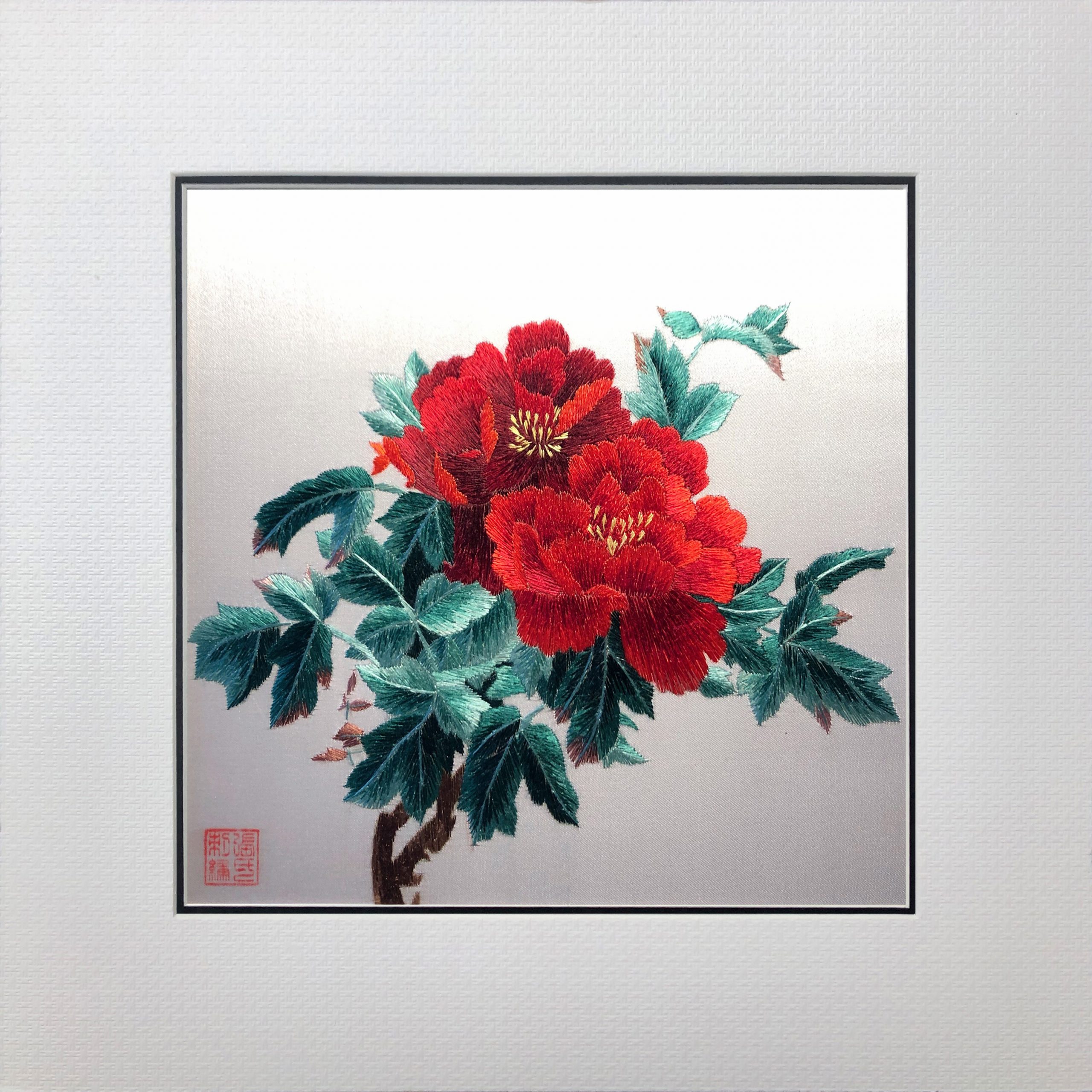
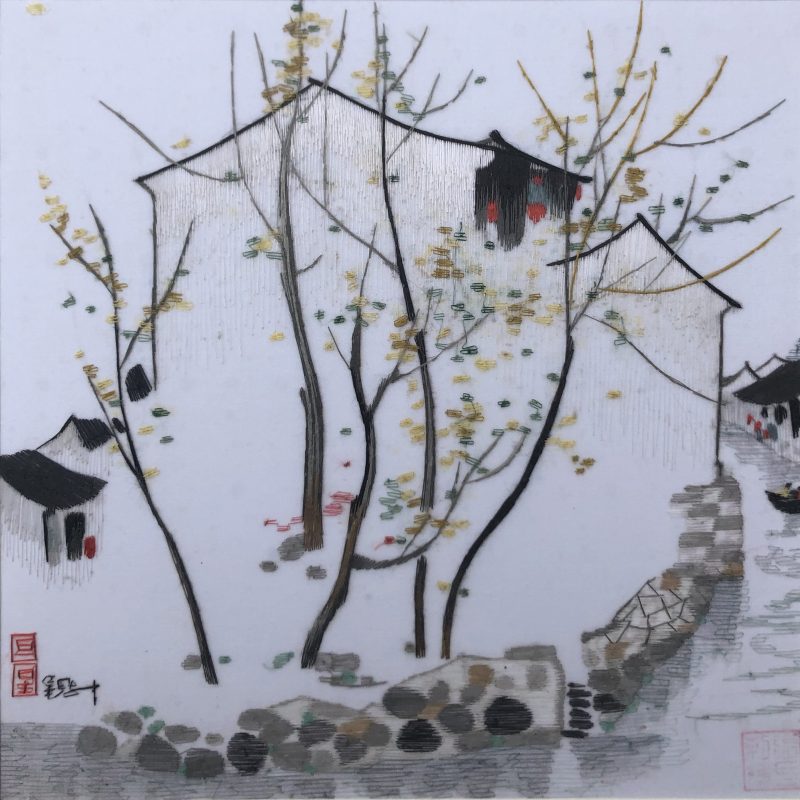
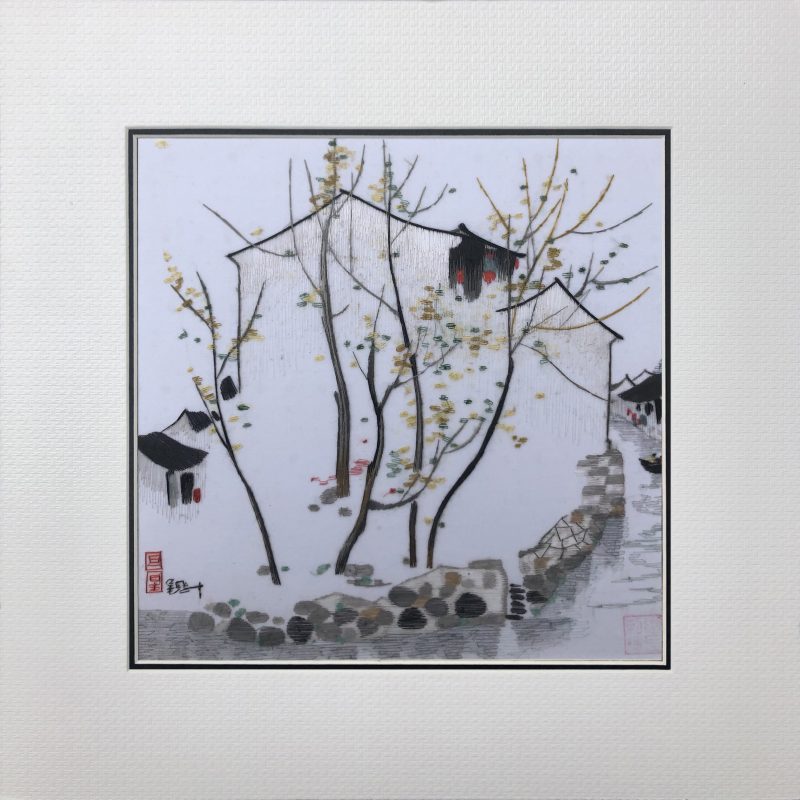










Reviews
There are no reviews yet.